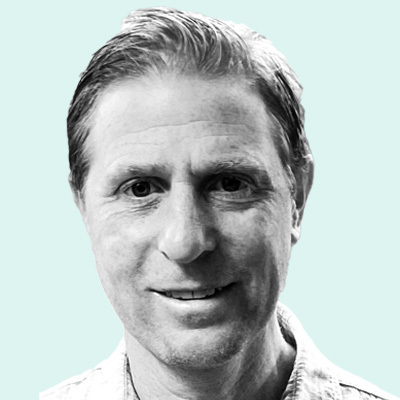This essay originally published in the Sunday, July 21, 2024 edition of the Fortune Archives newsletter.
In Silicon Valley, mafias are everywhere these days. There’s the Facebook mafia, the OpenAI mafia, and the Amazon Web Services mafia, to name just a few of the tech-media-christened (not-so-criminal) cliques of powerful founders and investors who share roots at a particular tech company.
Before any of these clans formed, however, there was one tech mafia that started it all, the godfather of tech mafias: the PayPal Mafia.
The term was coined in a 2007 Fortune cover story by Jeffrey M. O’Brien, which examined the outsize influence within the tech scene of a group of men (yes, they were all men) who had launched a payments startup called PayPal almost a decade earlier. When PayPal was acquired by eBay for $1.5 billion in 2002, these newly capitalized techies dispersed like seeds in the wind to germinate across the tech landscape.
“This group of serial entrepreneurs and investors represents a new generation of wealth and power,” O’Brien wrote, as he cataloged the many successful ventures—from YouTube and Yelp to LinkedIn and SpaceX—born out of the diaspora. What’s more, O’Brien noted, the PayPal alums “call upon each other when they need money or advice,” an arrangement of early investments, collaborations, and board seats that would put the crew’s imprint on broad swaths of the nascent Web 2.0 economy.
In a memorable photo shoot to accompany the magazine feature, Fortune convened 13 members of the gang for a sit-down at San Francisco’s famed Tosca bar. There, in a nod to the HBO series The Sopranos that was all the rage at the time, the former PayPal employees posed in tracksuits and gold chains—a Hollywood makeover for a group who, as PayPal cofounder Max Levchin explained to O’Brien, were math-loving workaholics who did not “get laid very often.”
Beneath the schtick was real clout. In the photo’s foreground is PayPal cofounder Peter Thiel, whose career as a venture capitalist took off with an early bet on Mark Zuckerberg’s Facebook. Behind Thiel sits a stone-faced Reid Hoffman, who founded LinkedIn and was later a founding investor in OpenAI. Roelof Botha, now a partner at Sequoia Capital, wears shades, his shirt unbuttoned. Keith Rabois, now of Khosla Ventures, sports a shiny striped button-down and the mien of someone who might have just put a rival “on ice.”
One face that’s missing is former PayPal CEO Elon Musk, who couldn’t make the photo shoot. Musk had famously been fired from the PayPal C-suite by the board while he was on vacation, but by the time O’Brien was profiling the crew, the Tesla and SpaceX founder and his former colleagues had made up.
Conflict remains common among the PayPal Mafia, many of whom have wielded their enormous wealth and influence to become political donors. Hoffman, a supporter of Democrats and various progressive causes, has lately clashed with Thiel and with another PayPal alum, David Sacks, over their support of Donald Trump.
There’s even a movie about the PayPal Mafia in the works. The rights are owned by Jack Selby and Sacks—both former PayPal employees.
This is the web version of the Fortune Archives newsletter, which unearths the Fortune stories that have had a lasting impact on business and culture between 1930 and today. Subscribe to receive it for free in your inbox every Sunday morning.













